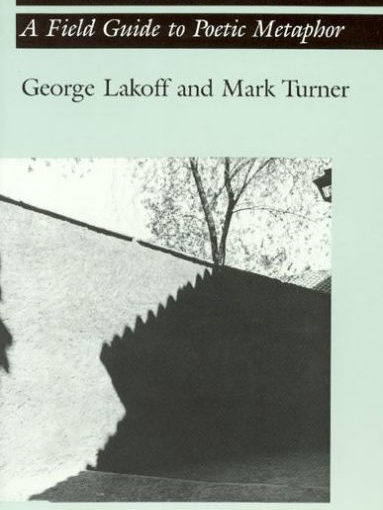While I was on my last library errand of 2023, I happened upon this one in the shelf alongside Språkets myller. Since I’m an incurable fan of George Lakoff and his work on metaphor I figured “why not?” and threw it on the pile. I finally finished it last week and here’s to hoping this will uncork the backlog of reading I have for the year. I accept my long-term 600+ book TBR as something like a calculus limit, to be approached but never quite reached, but the acute TBR has hit critical mass where I now have an inner urgency to do something. The current acute TBR: the English translation of Frère d’âme, Homeboy (borrowed from a bookish friend), Händelsehorisonten and Singulariteten (ahead of another bookish acquaintance’s panel moderation with author Balsam Karam in May), and a pair of niche but mercifully brief Swedish reference books before a test in October (and ideally before a third English reference book arrives sometime next month). Until last Friday, More Than Cool Reason was also on the list. One down, five to go.
More Than Cool Reason is a much briefer work than the highly specialized Philosophy in the Flesh (what book isn’t briefer than that one) and also slightly shorter than the general interest Metaphors We Live By. This time Lakoff and cowriter Turner…turn…their attention to metaphor as it is deployed in poetry. Here their stated audience is undergrad-level literature students, so the book functions as an introduction to Lakoff’s theory of metaphor, with poetry specifically as a test case. They begin by dissecting a few short poems (or selections from longer ones), mixing familiar classics like Shakespeare sonnets and Dickinson with some translations from outside the classic English language canon, and note how the conventional metaphors we have for understanding everyday concepts make for effective poetry (“People are plants,” “Death is a journey,” “A lifetime is a day,” “A lifetime is a year,” etc.). There’s also discussion of what makes metaphors effective versus nonsense and some philosophical discussion of Lakoff’s theory, criticisms of it, and Lakoff’s response to the criticism. The book ends with a close reading of William Carlos’ Williams “To A Solitary Disciple” as well as some Chinese proverbs.
The other reason I picked up More Than Cool Reason was because I don’t get poetry. At the end of the day I’m just too literal minded to really be receptive to most of it, I think, so I thought that this kind of nuts and bolts approach to poetry would help me be a better reader. Did it? Unsure. I don’t know that I’m a better reader of poetry now, having finished the book—I would have to go out and actually read poetry with this insight fresh in my brain—but the approach Lakoff and Turner take in this kind of literary analysis is so thoroughly grounded in the text and in the concrete that I at least feel like I’m a better reader of the poems they dissected in the book.
I would rank Metaphors We Live By as the better general interest introduction to the topic. Not everyone is interested in becoming a more informed reader of poetry, but I think most of us are vaguely interested in becoming better communicators and in better understanding how other people think. I also wish that More Than Cool Reason had been course literature for my poetry class in undergrad (no shade on Fussell’s Poetic Meter and Poetic Form). For all I know, it would have helped demystify poetry for me twenty years earlier.

